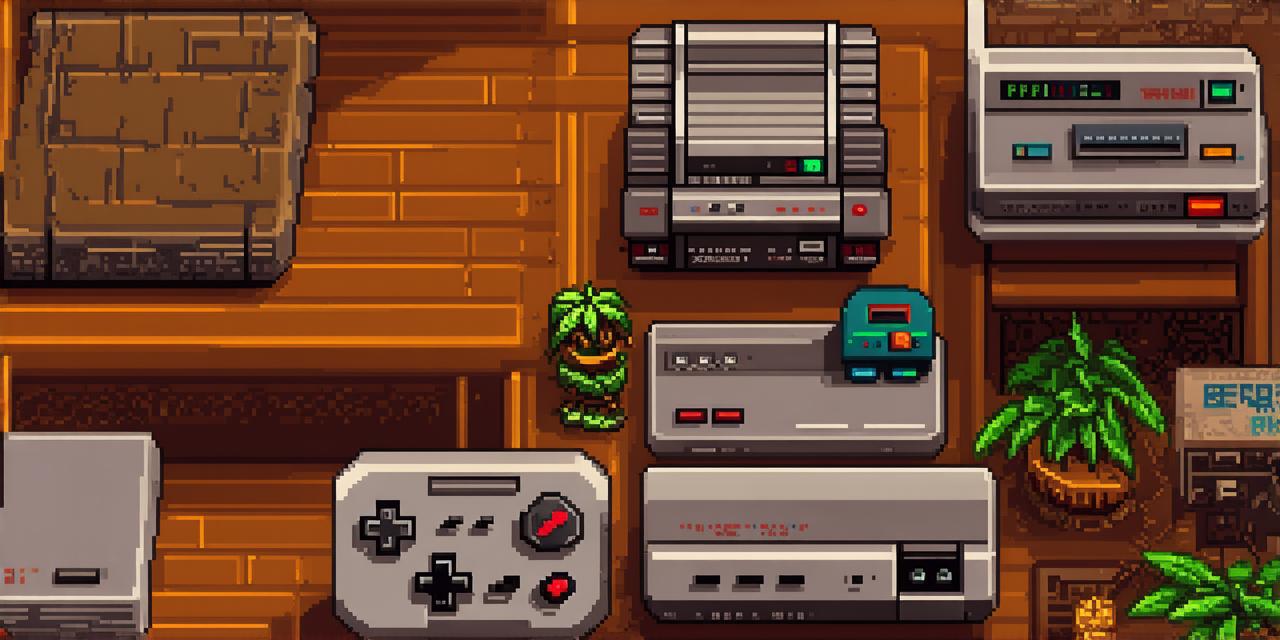Game development is an exciting and rewarding field that requires creativity, technical skills, and passion.
In this guide, we will explore the steps required to develop games from scratch, as well as best practices and tips to help you create engaging and successful games.
1. Define Your Game Concept and Mechanics
Before starting any game development project, it’s important to have a clear idea of what your game will be about. This includes defining the game concept, mechanics, and rules. The game concept should be unique and engaging for players, while the mechanics should be balanced and challenging.
1. Choose Your Game Engine
A game engine is a software platform that provides tools and resources for creating games. There are many game engines available today, each with its own features and capabilities. Some popular game engines include Unity, Unreal Engine, and Godot. When choosing a game engine, it’s important to consider your technical skills, the complexity of your game, and your budget.
1. Design Your Game World and Characters
Once you have defined your game concept and chosen your game engine, it’s time to start designing your game world and characters. This includes creating 3D models, defining character traits, and designing the environments for your game. It’s important to ensure that your game world and characters are visually appealing and engaging for players.
1. Develop Your Game Mechanics and Logic
The next step is to develop your game mechanics and logic. This includes writing code to implement your game rules, as well as creating sound effects and music for your game. It’s important to ensure that your game mechanics are balanced and challenging, while also being fun and engaging for players.
1. Test Your Game and Iterate
Testing is a crucial step in the game development process. This includes testing your game on various devices and platforms to ensure that it works as intended. It’s important to listen to feedback from beta testers and iterate on your game based on their suggestions.
1. Publish Your Game and Promote It

Once you have completed development, it’s time to publish your game and promote it to potential players. This includes creating a website or social media presence for your game, as well as submitting it to various gaming platforms such as Steam or Google Play. It’s important to create a strong marketing campaign to generate buzz and excitement for your game.
1. Case Study: Developing a Successful Game
Let’s take a look at the case study of indie game developer, Minecraft. When Markus Persson created Minecraft in 2009, he had no idea that it would eventually become one of the most successful games of all time. Here are some key takeaways from Minecraft’s development:



